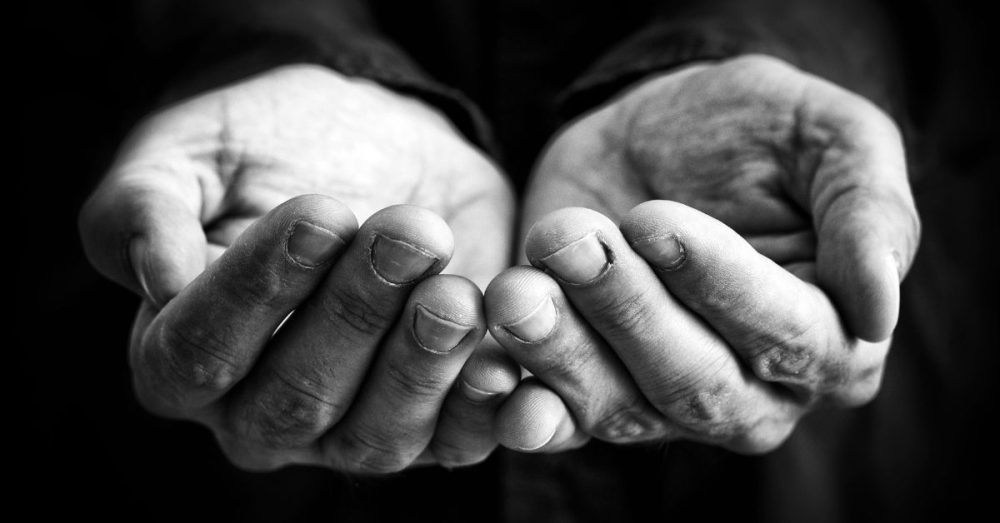The homelessness crisis in Dallas persists despite years of effort and hundreds of millions of dollars spent. Critical street-level work is being done as part of the Rapid Rehousing Initiative, part of the cities Housing First approach to combatting homelessness.
While this approach prioritizes getting folks away from the compounding trauma of being unsheltered, Housing First and permanent supportive housing initiatives often generate short-term solutions at the expense of measurable long-term progress.
Critics argue that while these efforts are essential, they often fail to address the root causes of homelessness, such as mental illness, substance abuse, and economic instability.
The result? Many individuals find themselves cycling back into homelessness, with no comprehensive support to break the cycle.
The Housing First approach has also faced significant challenges in cities like San Francisco and states like Arizona.
Despite building enough permanent housing to house all chronically homeless individuals, San Francisco saw homelessness rise substantially, turning the city into a symbol of the crisis.
Similarly, Arizona built over 7,000 permanent beds since 2010, yet unsheltered homelessness increased by 50% in recent years.
Recognizing the need for a more effective solution, Refuge for Renewal has emerged as a transformative organization with a bold, holistic plan to tackle homelessness in Dallas.
Founded on the principle that housing alone is not enough, the local nonprofit organization seeks to provide both shelter and the critical support services necessary for long-term stability and success.
At the heart of Refuge for Renewal’s mission is the development of a dedicated campus just outside downtown Dallas – a single focal point for consolidated service provision known city-wide.
This facility will offer a wide array of integrated services, including mental health care, substance abuse treatment, vocational training, financial literacy programs, and basic needs like food and shelter.
Refuge for Renewal aims to remove barriers to accessing help, ensuring that individuals and families receive the care they need in one accessible location.
A similar facility in San Antonio already exists – Haven for Hope.
The 22-acre campus in San Antonio currently provides shelter for 1,655 people, with a maximum capacity of 1,815 beds. In addition to housing, Haven for Hope offers essential wrap-around services similar to what Refuge hopes to provide like mental health and substance abuse counseling, as well as job training, helping individuals transition off the streets and work toward long-term stability.
By collaborating with entities like the City of Dallas, Dallas County, the State of Texas, HUD, Housing Forward, and the All-Neighbors Coalition, the organization seeks to provide vulnerable populations with the care and support they need.
This initiative not only aims to assist individuals in achieving long-term stability but also strives to enhance the safety and appeal of Dallas’s public spaces for all community members and visitors.
The planned campus is inspired by models like Haven for Hope in San Antonio and include multiple buildings and facilities, resembling a small town at full buildout.
By addressing the gaps that have long hindered progress, the organization is poised to make a meaningful impact and offer a path to renewal for thousands of Dallas residents.


